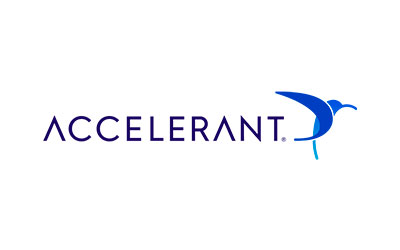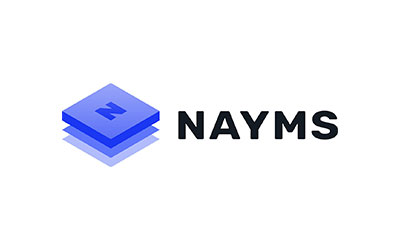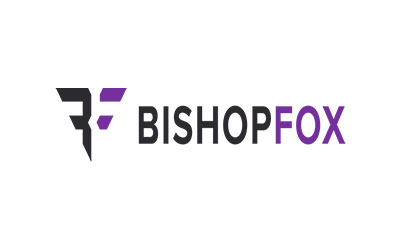A - Rated Crypto Insurance Policies
Evertas is the only crypto insurance company backed by Lloyd’s of London. Our policies are designed by crypto natives and available worldwide.
Mining Property
Protects mining hardware for up to $360 million against physical damage.
Platform Failure
Protects - up to $10m - against losses due to technology errors.
Crime Theft/Loss
Protects digital assets and cash for up to $360m against theft, loss, or damage by external bad actors and attacks.
Insider Theft/Loss
Protects digital and physical assets for up to $360m against theft, loss, or damage caused by insiders.
Directors and Officers
Protects - up to $10m - crypto company leadership against third-party legal action.
Digital Property
Protects - up to $360m - against loss or theft of digital possessions such as NFTs.
Why Evertas?
Security
Evertas is the only crypto insurance company backed by Lloyd’s of London, one of the world's oldest and most trusted insurers. All Evertas policies carry the highest achievable creditworthiness ratings: A- (IX - Excellent) or A+ (XV - Superior).
Diversity
Evertas protects a wide variety of customers including mining operations, crypto custodians, exchanges, investment funds, family offices, and more.
Specialization
Evertas' proprietary cryptonative underwriting process makes us unique. By leveraging our underwriters' subject matter expertise, we create bespoke policies that mitigate technical and people risks inherent to each individual project. Better underwriting means more appropriate coverage, leading to streamlined claims and faster payouts.
Dedication
Evertas is run by cryptonatives philosophically committed to seeing crypto thrive by mitigating the risks inherent to the innovators who are building the technologies we believe in.
Capacity
Evertas offers coverage of up to $360 million per policy - by leaps and bounds the highest per incident coverage limits in the industry - providing insureds the protection they need in a single underwriting.
Reach
Evertas has policy-writing authority on six continents. We’ll get to Antarctica as soon as crypto does.
Coverholder at Lloyd's
Evertas is the only cryptoasset insurer selected by Lloyd's of London as a listed coverholder in their official marketplace.
Arch Insurance
Evertas crypto insurance policies are backed by Arch, a Lloyd's syndicate member.

Accelerant
Evertas crypto mining liability and equipment policies in North America are backed by Accelerant

Nayms
Evertas partners with Nayms to place Lloyd's policies on-chain, allowing our customers to pay premiums in USDC.

BishopFox
Evertas provides cyber, physical, and communications security services under contract to Bishop Fox.







